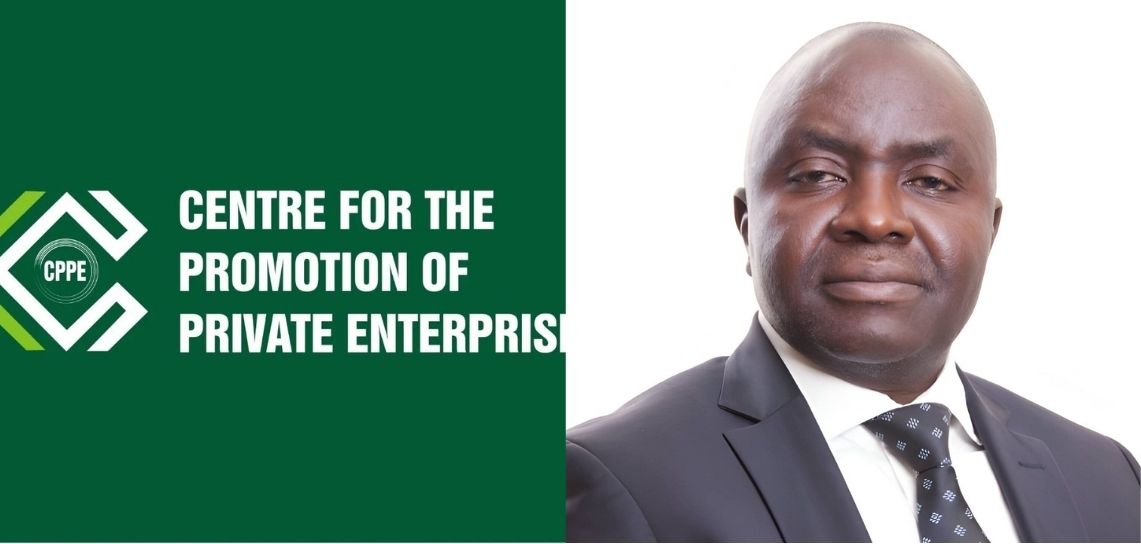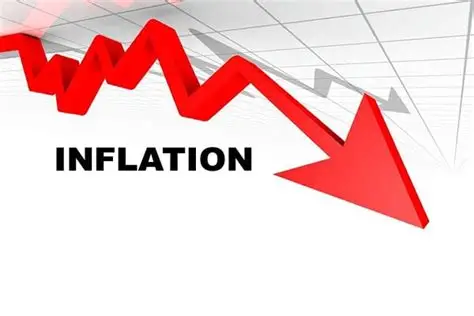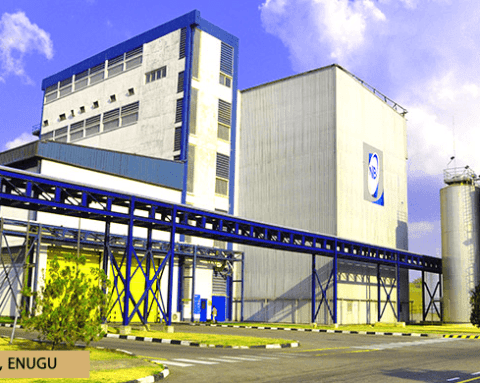While the authorities celebrate a consecutive decline in Nigeria’s inflation rate, the Centre for Promotion of Private Enterprise (CPPE) has warned that structural issues that drive costs in the economy still persist and should be addressed to sustain the gains.
The latest Consumer Price Index (CPI) report released by the National Bureau of Statistics showed that the headline inflation slowed for the fourth consecutive month, dropping to 21.88 per cent in July 2025 from 22.22 per cent in June.
Join our WhatsApp ChannelThe annual food inflation rate accelerated by 77 basis points to 22.74 per cent in July from 21.97 per cent in June. However, on a month-on-month basis, it dropped slightly, declining from 3.25 per cent in June to 3.12 per cent in July, while core inflation dropped marginally year-on-year by 0.03 per cent and slowed sharply month-on-month from 3.46 per cent to 0.97 per cent.
Reacting to the July inflation report, CPPE stated that the moderation was due to a gradually stabilizing macroeconomic environment, aided by exchange rate stability, increased investor confidence, and the lingering effects of government waivers on import duties for staples such as rice, maize, and sorghum.
The economic think tank warned that despite the disinflationary trend, there were underlying issues that needed to be tackled to sustain the gains.
In a statement signed by its CEO, Dr Muda Yusuf, the centre noted that month-on-month headline inflation rose from 1.68 per cent in June to 1.99 per cent in July, while year-on-year food inflation accelerated from 21.97 per cent to 22.74 per cent.
READ ALSO:
- Nigeria Retains Position As Third-largest Debtor To World Bank’s IDA
- CardinalStone Predicts Nigeria’s Inflation To Continue Declining In August
- Nigeria’s Inflation Records Fourth-straight Drop To 21.88% Amid Food Price Surge
According to the centre, these metrics, which reflect increases in MoM headline inflation and YoY food inflation, underscore the economy’s continued vulnerability to supply-side shocks.
“The July 2025 inflation figures provide a basis for cautious optimism. While progress has been made in moderating headline and core inflation, the persistence of food inflation and the uptick in month-on-month price increases point to unresolved structural weaknesses,” CPPE stated.
It called for coordinated monetary, fiscal, and structural reforms. The organisation emphasized the importance of addressing structural bottlenecks such as high logistics costs, insecurity, climate risks, and port inefficiencies, all of which contribute to rising costs and inflationary pressures.
“Policymakers must consolidate the gains through disciplined fiscal management and innovative approaches to liquidity control, especially as lending rates in the economy have already risen above 30 per cent for most businesses,” it said.
While acknowledging that Nigeria’s inflation outlook is still precarious, CPPE urged persistent reforms and efficient coordination between fiscal and monetary authorities in order to guide the economy toward long-term stability.
Victor Ezeja is a passionate journalist with seven years of experience writing on economy, politics and energy. He holds a Master's degree in Mass Communication.













